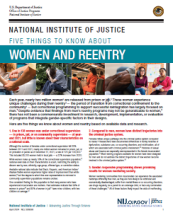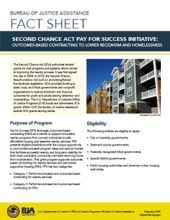Research and Practitioner Perspectives on the Rehabilitation and Reintegration of Violent Extremists
Date Published
April 2024
Agencies
NIJ
Publication Type
Research (Applied/Empirical)







